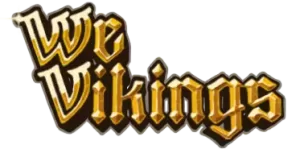
Baldrs draumar
Baldr's dreams
NORSE MYTHOLOGY
2020 translation into English by Eiður Eyþórsson from Baldrs draumar (A.k.a Vegtamskviða (e. Vegtamr’s poem). This translation includes both an English version and the original for comparison.
Answers to common questions
What is Baldrs draumar about?
The Æsir gods gather to discuss what to do about the bad dreams Baldr has been having*. Odin rides away from their council to speak to a völva (e. seeress) he knows lies dead in Niflhel (World of the dead). He wakes her up and begins asking her questions in hopes to gain some insights. The völva tells Odin who will be the death of Baldr and who will become his avenger.
* Dreams were thought to hold meaning and in sometimes be a sign of future events.
How old is the poem?
A scholarly estimation has dated Baldrs draumar to be no younger than from the middle of the 10th century, or 950 A.D. [1] Which would make it close to 1100 years of age.
It has been suggested that Baldrs draumar is perhaps older than the poem Völuspá (e. Prophecy of the seeress), and that the author of Völuspá was influenced by the völva in Baldrs draumar when composing Völuspá. The poems do share some material, specifically when they talk about Baldr’s death and how he is later avenged. That is told in stanza 11 of Baldrs draumar and st. 32-33 in Völuspá. [2]
In addition to that, Baldrs draumar is also thought to predate the old Eddic poem Þrymskviða (e. Lay of Thrym). Like Völuspá, Þrymskviða also shares material with Baldrs draumar. The 1st stanza Baldrs draumar is almost identical the 14th stanza of Þrymskviða, apart from the last sentence. It’s has been theorized that Þrymskviða used the stanza from Baldrs draumar, rather than the other way around. [3]
Who is the author of Baldrs draumar?
The author of Baldrs draumar is unknown, as is the case with much of the surviving literary sources about Norse mythology. It is thought that the composer was from Iceland. [4]
Given the fact that Völuspá and Þrymskviða share some material with Baldrs draumar, it has been theorized that these poems were composed by the same author.
What are the oldest surviving sources?
The oldest surviving written source of Baldrs draumar is an Icelandic manuscript, which includes a collection of Eddic poetry, written somewhere between 1300-1325 A.D. It is usually referred to by it’s catalogue name AM 748 I a, 4to. In it, the poem follows Hárbarðsljóð (Lay of Harbard) and comes before Skírnismál (Lay of Skirnir). It’s condition is good and is likely preserved in it’s entirety. [5]
Source: [1]-[5] Guðni Jónsson. 1954. Eddulyklar.
Here begins Baldrs draumar
1
Once the Aesir
were all at council
and the Asynjur
were all discussing,
and about that
the mighty gods spoke,
why was Baldr
having foreboding dreams.
1
Senn váru Æsir
allir á þingi
ok Ásynjur
allar á máli,
ok um þat réðu
ríkir tívar,
hví væri Baldri
ballir draumar.
3
He was bloody
on his breast,
from Odin‘s sorcery
he howled for long;
Further Odin rode,
the earthy path rumbled;
he came at the high
house of Hel.
3
Sá var blóðugr
um brjóst framan
ok galdrs föður
gól of lengi;
fram reið Óðinn,
foldvegr dunði;
hann kom at hávu
Heljar ranni.
4
Then Odin rode
east of the door,
where he knew
a volva lay;
Then he began chanting
slain-magic to the
wise woman,
until compelled she rose,
with a death in her voice she spoke:
4
Þá reið Óðinn
fyrir austan dyrr,
þar er hann vissi
völu leiði;
nam hann vittugri
valgaldr kveða,
unz nauðig reis,
nás orð of kvað:
5
Volva spoke:
„What kind of man is that
unknown to me,
who has increased
my difficulty so?
I was snowed on by snow
and bashed with rain
and driven with dew,
I was dead for a long time.“
5
Völva kvað:
„Hvat er manna þat
mér kunnra,
er mér hefir aukit
erfitt sinni?
Var ek snivin snævi
ok slegin regni
ok drifin döggu,
dauð var ek lengi.“
6
Odin (Vegtamr) spoke:
Vegtamr is my name,
I am son of Valtamr;
tell me news out of hel,
I will in turn tell of the world:
For who are the benches
sown with rings,
and the floors fairly
flowing in gold?“
6
Óðinn (Vegtamr) kvað:
Vegtamr ek heiti,
sonr em ek Valtams;
segðu mér ór helju,
ek mun ór heimi:
Hveim eru bekkir
baugum sánir,
flet fagrlig
flóuð gulli?“
7
Volva spoke:
„Here stands mead
brewed for Baldr,
the shining drinks,
a shield lies above,
but the Aesir
are in despair;
Forcibly I spoke,
now I shall be silent.“
7
Völva kvað:
„Hér stendr Baldri
of brugginn mjöðr,
skírar veigar,
liggr skjöldr yfir,
en ásmegir
í ofvæni;
nauðug sagðak,
nú mun ek þegja.“
8
Odin spoke:
„Don‘t stay silent, volva,
I want to hear more from you,
until all is known,
I still want to know:
Who will become
Baldur‘s killer
and rob the life of
Odin‘s son?“
8
Óðinn kvað:
„Þegj-at-tu, völva,
þik vil ek fregna,
unz alkunna,
vil ek enn vita:
Hverr mun Baldri
at bana verða
ok Óðins son
aldri ræna?“
9
Volva spoke:
„Hothr will bare high
the famous tree to the spot,
He will become
Baldr‘s killer
and rob the life
of Odin‘s son;
Forcibly I spoke,
now I shall be silent.“
9
Völva kvað:
„Höðr berr hávan
hróðrbaðm þinig,
hann mun Baldri
at bana verða
ok Óðins son
aldri ræna;
nauðug sagðak,
nú mun ek þegja.“
10
Odin spoke:
„Do not stay silent, volva,
I want to hear more from you,
until all is known,
I still want to know:
Who will be the avenger
for Hothr‘s treachery
or weigh out Baldrs death
at the funeral fire?“
10
Óðinn kvað:
„Þegj-at-tu, völva,
þik vil ek fregna,
unz alkunna,
vil ek enn vita:
Hverr mun heift Heði
hefnt of vinna
eða Baldrs bana
á bál vega?“
11
Volva spoke:
Rindr will bare Vali
in the western halls,
He will kill Odin‘s son
when one night old:
he will not wash his hand
nor comb his head,
before he bares Baldr‘s
opponent on to a funeral fire;
Forcibly I spoke,
now I shall be silent.“
11
Völva kvað:
Rindr ber Vála
í vestrsölum,
sá mun Óðins sonr
einnættr vega:
hönd of þvær
né höfuð kembir,
áðr á bál of berr
Baldrs andskota;
nauðug sagðak,
nú mun ek þegja.“
12
Odin spoke:
„You will not stay silent, Volva,
I want to hear more from you,
until all is known,
I still want to know:
Who are the maidens,
that will weep for their beloved
and cast their neck-cloths
towards the heaven?“
12
Óðinn kvað:
„Þegj-at-tu, völva,
þik vil ek fregna,
unz alkunna,
vil ek enn vita:
Hverjar ro þær meyjar,
er at muni gráta
ok á himin verpa
halsa skautum?“
13
Volva spoke:
„You are not Vegtamr,
as I thought,
rather are you Odin,
the old ancestor.“
Odin spoke:
You are not a volva
nor a wise woman,
rather are you the mother
of three giants.“
13
Völva kvað:
„Ert-at-tu Vegtamr,
sem ek hugða,
heldr ertu Óðinn,
aldinn gautr.“
Óðinn kvað:
Ert-at-tu völva
né vís kona,
heldur ertu þriggja
þursa móðir.“
14
Volva spoke:
„Ride home, Odin,
and be triumphant,
so that more men
will not come to visit me,
until Loki slides loose
out of his bonds
and the destructive forces
of Ragnarok come.“
14
Völva kvað:
„Heim ríð þú, Óðinn,
ok ver hróðigr,
svá komir manna
meir aftr á vit,
er lauss Loki
líðr ór böndum
ok ragna rök
rjúfendr koma.“

